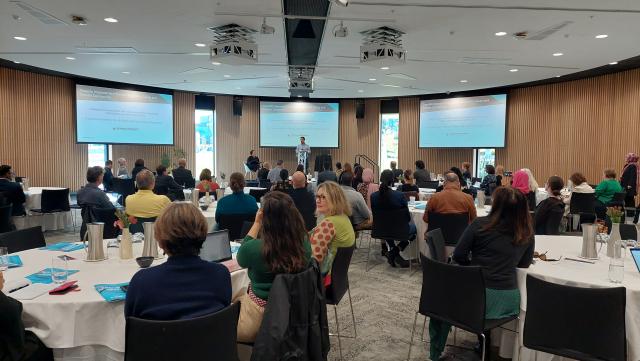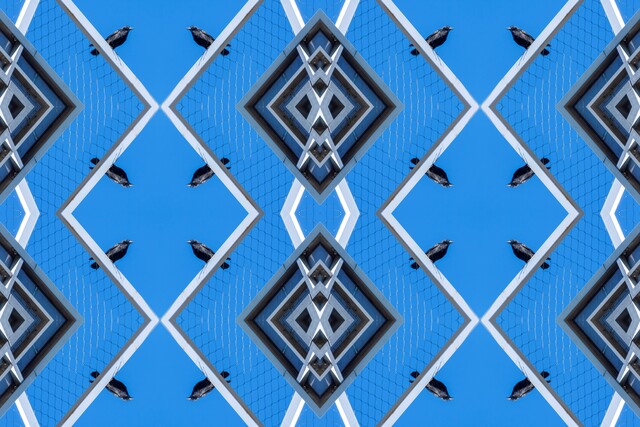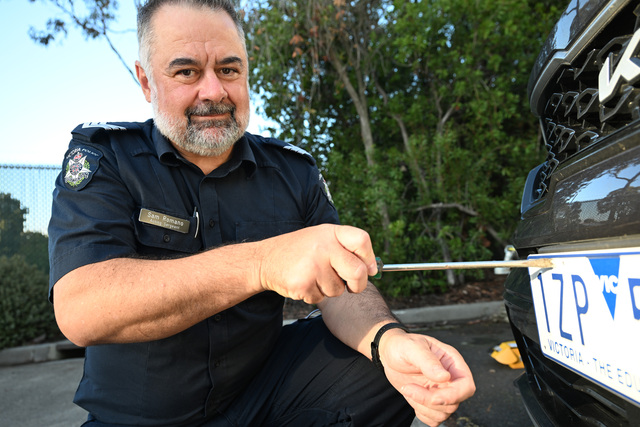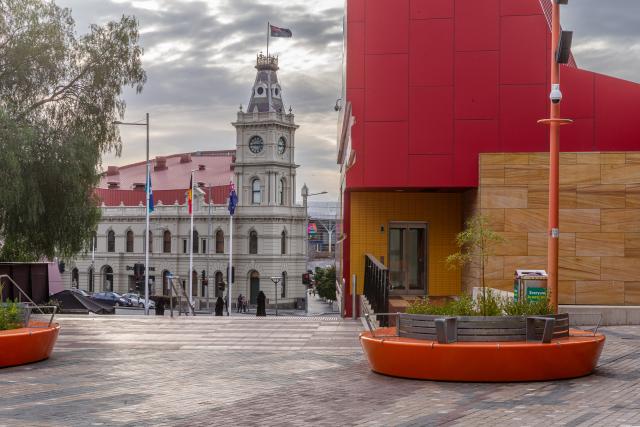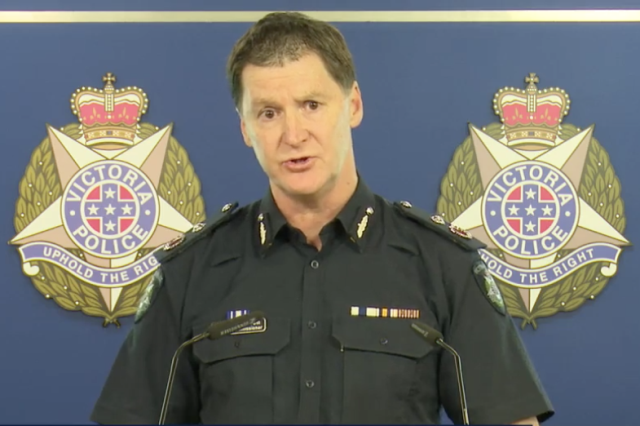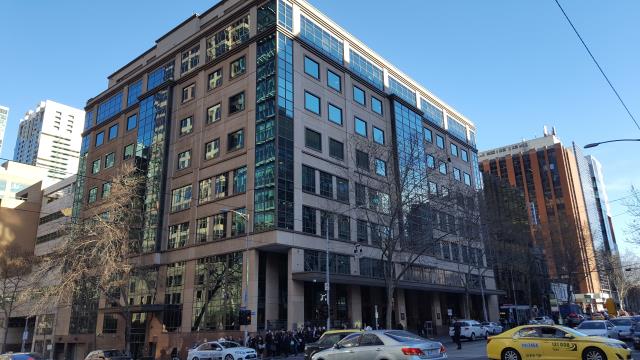Dandenong teacher and Casey resident Inaz Janif was one of the resident-participants in an anti-racism report by Victoria University launched on 20 April at Bunjil Place.
The research consisted of community surveys and 11 peer facilitated focus groups over an 18 month period in 2021 and 2022.
The report found 61 per cent of the respondents experienced racism in the past 12 months.
Ms Janif, a practising Muslim and mother of three, is from a Fijian-Indian background and has lived in Australia ever since she was a baby.
She has been a Casey resident all her life and shared with Star News how she dealt with racism over her lifespan.
“I first encountered it (racism) as a child when our Fijian-Indian community tried to build a masjid (mosque) here in Casey.
“It really upset people in certain parts of the Casey community. That led to really random death threats and phone calls.
“And as much as my family tried to shelter us kids from that you kind of know what’s going on.”
Ms Janif said she has lived, seen and knew many people in the community who’ve had their share of unpleasant encounters with racism.
“You need a very good understanding of how the system works and literacy levels to advocate for yourself,” Ms Janif said.
“I know a lot of people who’ve lived here a long time who’ve been brushed off and were told nothing can be done.”
One of the report findings was four-out-of-five respondents who experienced racism did not report it because they didn’t think it would change anything, didn’t know where to go, had language barriers, didn’t trust existing services or were concerned about negative backlash.
And those who did report racist incidents were disappointed with the reporting experience and outcome.
Ms Janif who is also a board member of Islamic Council of Victoria (ICV) said racism very much exists within the community.
“What I’ve seen from that time, if anything, is that there’s been an increase and that’s what led me to work around this issue to raise awareness and tell Muslims that they can expect better for themselves.”
ICV is the peak Muslim body in Victoria representing more than 270,000 Muslims via 76 member societies representing over 100 diverse ethnic communities.
ICV also provides advocacy and social welfare services. It recently published a media release on a “vile hate attack” on a Monash University Muslim student.
The incident took place on 10 March on public transport where the Muslim student was verbally and physically assaulted for having the “temerity of defending two Asian high school students riding the same bus”.
While the student stood up for the two Asian students, sadly, no one stood up for her.
“There’s been a big movement to raise awareness that these incidents are happening. That’s why these reports and projects are important,” Ms Janif said.
“Islamophobia is one type of racism and we need to address it as a community so everybody has better opportunity to grow safely.”
According to the anti-racism report, 58 per cent of the racist encounters took place during the respondents’ employment, 47 per cent in shopping centres, 41 per cent in educational and school settings and 38 per cent in public transport and social media.
Common forms of racism were microaggressions, insults, and unfair treatment.
“They don’t have to normalise this kind of abuse. It can be subtle and extreme and the subtle side is often brushed off,” Ms Janif said.
Straight out of high school Ms Janif applied for a job at a coffee shop but was told she could only have it if she took off her hijab to meet “health requirements.”
“I asked is there something else I could wear? I said can I wear my hijab in a way where it can meet health requirements and they said no.”
Sadly, racist encounters have remained consistent throughout her life as an active member in the community and now her choice to wear her hijab as a Muslim was also affecting her family and children.
The turning point for her was when she took her eldest daughter who was three at the time to the playground one day.
“I took her to the playground and as other parents realised she was my child they told their children not to play with my daughter. I could tell because they stopped playing with her.
“They didn’t know me, all they saw was my appearance.
“I had to make a choice do I change my appearance and beliefs? It’s one thing for it to affect yourself and it’s another when it affects your children.
“I realised I need to stay true to myself and my beliefs and pass that on to my children.”
Dalal Smiley, who is CEO of Wellsprings for Women, said women from CALD backgrounds always share stories of their encounters with racism.
“Yes they don’t report it because I agree with them, it’s a lot of work, you need evidence and to fill out forms.
“So the best way they deal with it is the support they get from each other, coming to Wellsprings and sharing their experiences finding the strength and resilience to stand against racism.
“It’s not about being passive and not about being racist yourself. But how to be anti-racist is proactive work you’ll do individually as a bystander, collectively and institutionally to fight racism and become an example of an inclusive organisation.”


